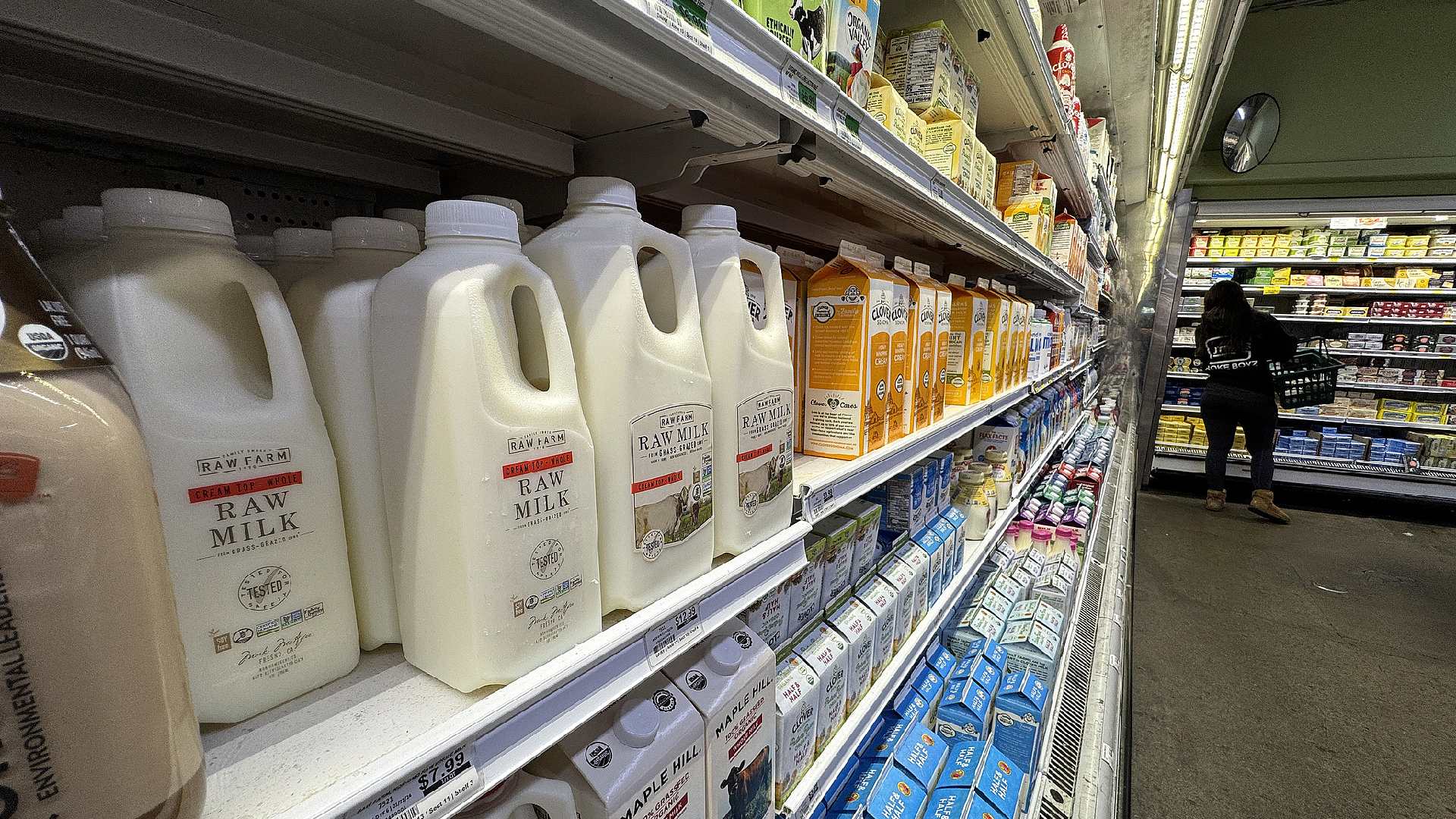WHO calls for increased surveillance of bird flu
The World Health Organization (WHO) is calling for enhanced surveillance of bird flu.

Maria Van Kerkhove, WHO's director for epidemic and pandemic preparedness and prevention, highlighted during a press conference that a small but increasing number of H5N1 avian influenza infections have occurred in humans globally in recent years. "What we really need globally, in the U.S. and abroad, is much stronger surveillance in animals: in wild birds, in poultry, in animals that are known to be susceptible to infection, which includes swine, which include dairy cattle, to better understand the circulation in these animals," she stated.
The H5N1 strain, which first appeared in 1996, has seen a significant rise in outbreaks among birds since 2020, coupled with a surge in infections among mammals. The outbreak has resulted in the deaths of tens of millions of poultry, with both wild birds and various land and marine mammals also becoming infected. Most of the human cases documented in Europe and the United States during this outbreak have been mild.
In March, infections were found in several dairy herds across the U.S. Health officials maintain that the risk to the general public remains low, although it is elevated for individuals who work closely with livestock, including birds and dairy cattle.
Last Friday, U.S. authorities confirmed that a child in California tested positive for bird flu, marking the first reported case in the nation. Health officials have provided checks and preventive treatment for those in contact with the child at their daycare. The child experienced mild symptoms and is recovering at home after receiving flu antiviral treatment.
"Including this most recent case, 55 human cases of H5 bird flu have now been reported in the United States during 2024, with 29 in California," according to the U.S. Centers for Disease Control and Prevention. Van Kerkhove noted that all but two of these cases had known exposure to infected animals.
"We have not seen evidence of human-to-human infection. But again, for each of these human detected cases, we want to see a very thorough investigation taking place," she remarked.
"We need much stronger efforts in terms of reducing the risk of infection between animals to new species and to humans," she added, emphasizing the need for improved testing and the use of proper protective equipment.
Van Kerkhove, who previously served as the WHO's COVID-19 technical lead, underscored the necessity of preparing "for when or if we will be in a situation where we are in a flu pandemic." She concluded, "We're not in that situation yet, but we do need more vigilance."
Sanya Singh for TROIB News
Discover more Science and Technology news updates in TROIB Sci-Tech












